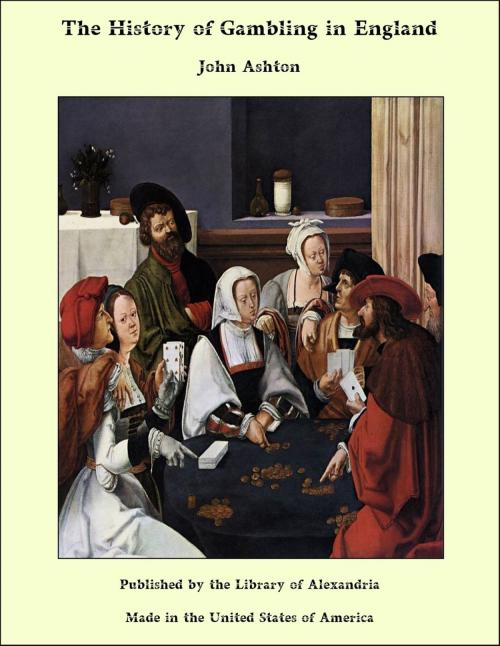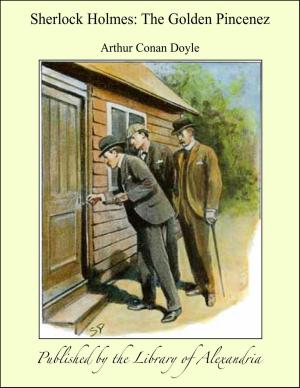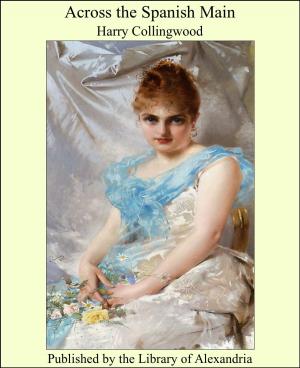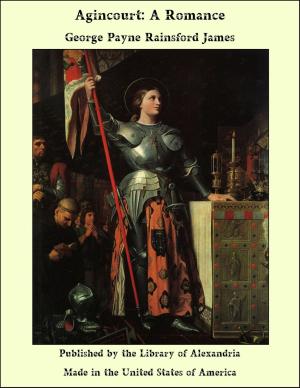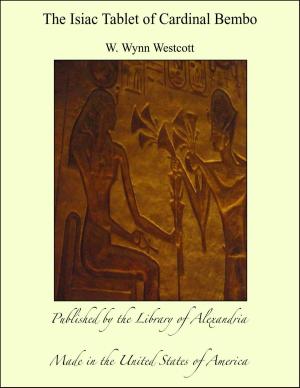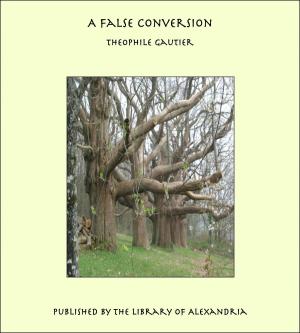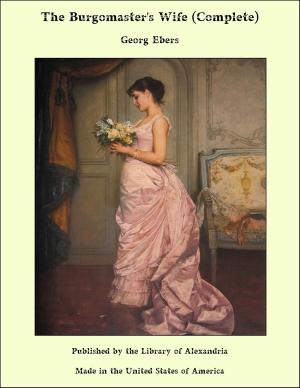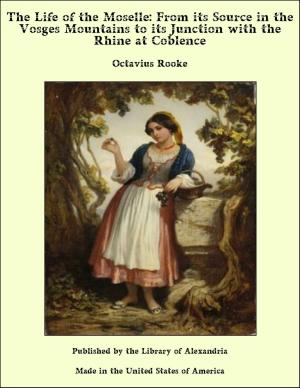The History of Gambling in England
Nonfiction, Religion & Spirituality, New Age, History, Fiction & Literature| Author: | John Ashton | ISBN: | 9781465603869 |
| Publisher: | Library of Alexandria | Publication: | March 8, 2015 |
| Imprint: | Language: | English |
| Author: | John Ashton |
| ISBN: | 9781465603869 |
| Publisher: | Library of Alexandria |
| Publication: | March 8, 2015 |
| Imprint: | |
| Language: | English |
Before going into the history, &c., of playing cards, it may be as well to note the serious application that was made of them by some persons: and first, we will glance at the two sermons of Latimer’s on cards, which he delivered in St Edward’s Church, Cambridge, on the Sunday before Christmas Day 1529. In these sermons he used the card playing of the season for illustrations of spiritual truth. By having recourse to a series of similes, drawn from the rules of Primero and Trump, he illustrated his subject in a manner that for some weeks after caused his pithy sentences to be recalled at well nigh every social gathering; and his Card Sermons became the talk both of Town and University. The novelty of his method of treatment made it a complete success; and it was felt throughout the University that his shafts had told with more than ordinary effect. But, of course, these sermons being preached in pre-Reformation days, were considered somewhat heretical, and Buckenham, the Prior of the Dominicans at Cambridge, tried to answer Latimer in the same view. As Latimer derived his illustrations from Cards, so did Buckenham from Dice, and he instructed his hearers how they might confound Lutheranism by throwing quatre and cinque: the quatre being the “four doctors” of the Church, and the cinque being five passages from the New Testament selected by the preacher. Says Latimer in the first of these sermons: “Now then, what is Christ’s rule? Christ’s rule consisteth in many things, as in the Commandments, and the Works of Mercy and so forth. And for because I cannot declare Christ’s rule unto you at one time, as it ought to be done, I will apply myself according to your custom at this time of Christmas. I will, as I said, declare unto you Christ’s rule, but that shall be in Christ’s Cards. And, whereas you are wont to celebrate Christmas by playing at Cards, I intend, by God’s grace to deal unto you Christ’s Cards, wherein you shall perceive Christ’s rule. The game that we will play at shall be called The Triumph, which, if it be well played at, he that dealeth shall win; the players shall likewise win; and the standers and lookers on shall do the same; insomuch that no man that is willing to play at this Triumph with these Cards, but they shall be all winners, and no losers.”
Before going into the history, &c., of playing cards, it may be as well to note the serious application that was made of them by some persons: and first, we will glance at the two sermons of Latimer’s on cards, which he delivered in St Edward’s Church, Cambridge, on the Sunday before Christmas Day 1529. In these sermons he used the card playing of the season for illustrations of spiritual truth. By having recourse to a series of similes, drawn from the rules of Primero and Trump, he illustrated his subject in a manner that for some weeks after caused his pithy sentences to be recalled at well nigh every social gathering; and his Card Sermons became the talk both of Town and University. The novelty of his method of treatment made it a complete success; and it was felt throughout the University that his shafts had told with more than ordinary effect. But, of course, these sermons being preached in pre-Reformation days, were considered somewhat heretical, and Buckenham, the Prior of the Dominicans at Cambridge, tried to answer Latimer in the same view. As Latimer derived his illustrations from Cards, so did Buckenham from Dice, and he instructed his hearers how they might confound Lutheranism by throwing quatre and cinque: the quatre being the “four doctors” of the Church, and the cinque being five passages from the New Testament selected by the preacher. Says Latimer in the first of these sermons: “Now then, what is Christ’s rule? Christ’s rule consisteth in many things, as in the Commandments, and the Works of Mercy and so forth. And for because I cannot declare Christ’s rule unto you at one time, as it ought to be done, I will apply myself according to your custom at this time of Christmas. I will, as I said, declare unto you Christ’s rule, but that shall be in Christ’s Cards. And, whereas you are wont to celebrate Christmas by playing at Cards, I intend, by God’s grace to deal unto you Christ’s Cards, wherein you shall perceive Christ’s rule. The game that we will play at shall be called The Triumph, which, if it be well played at, he that dealeth shall win; the players shall likewise win; and the standers and lookers on shall do the same; insomuch that no man that is willing to play at this Triumph with these Cards, but they shall be all winners, and no losers.”
